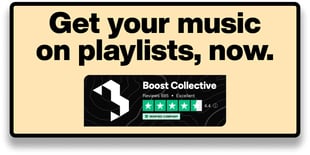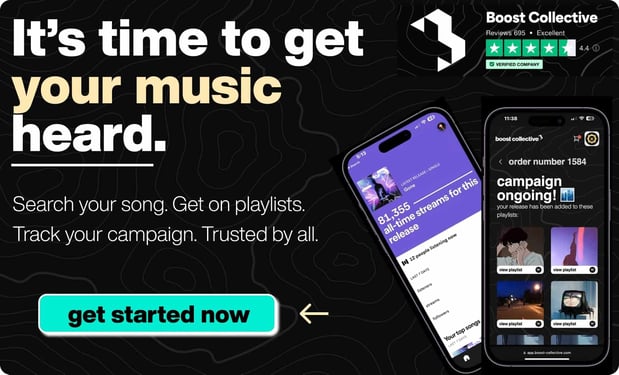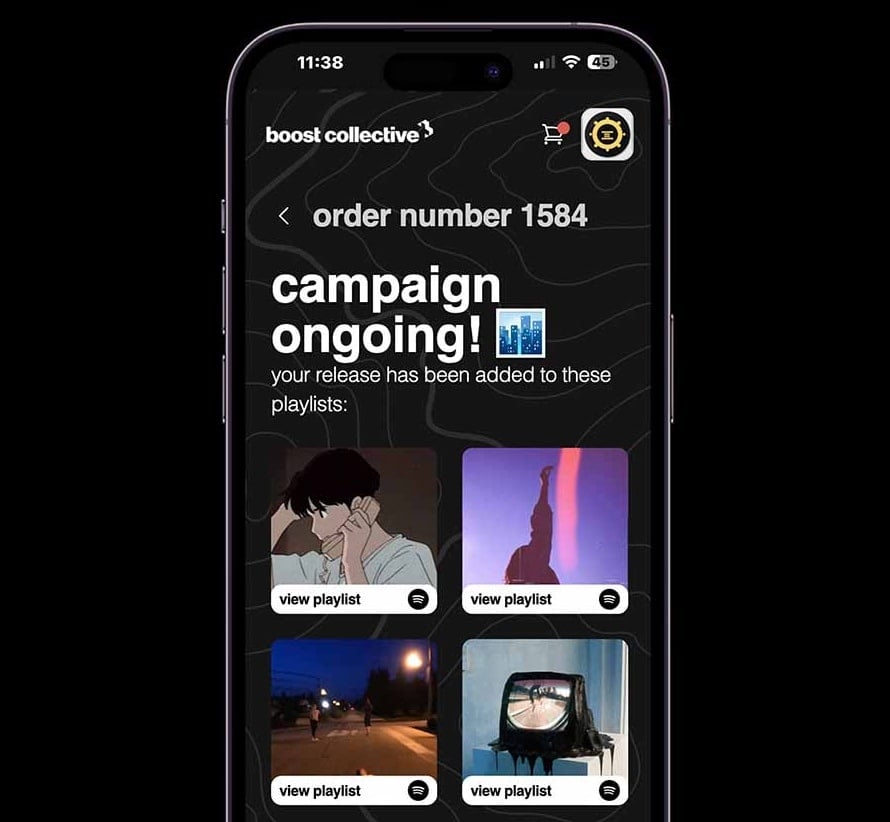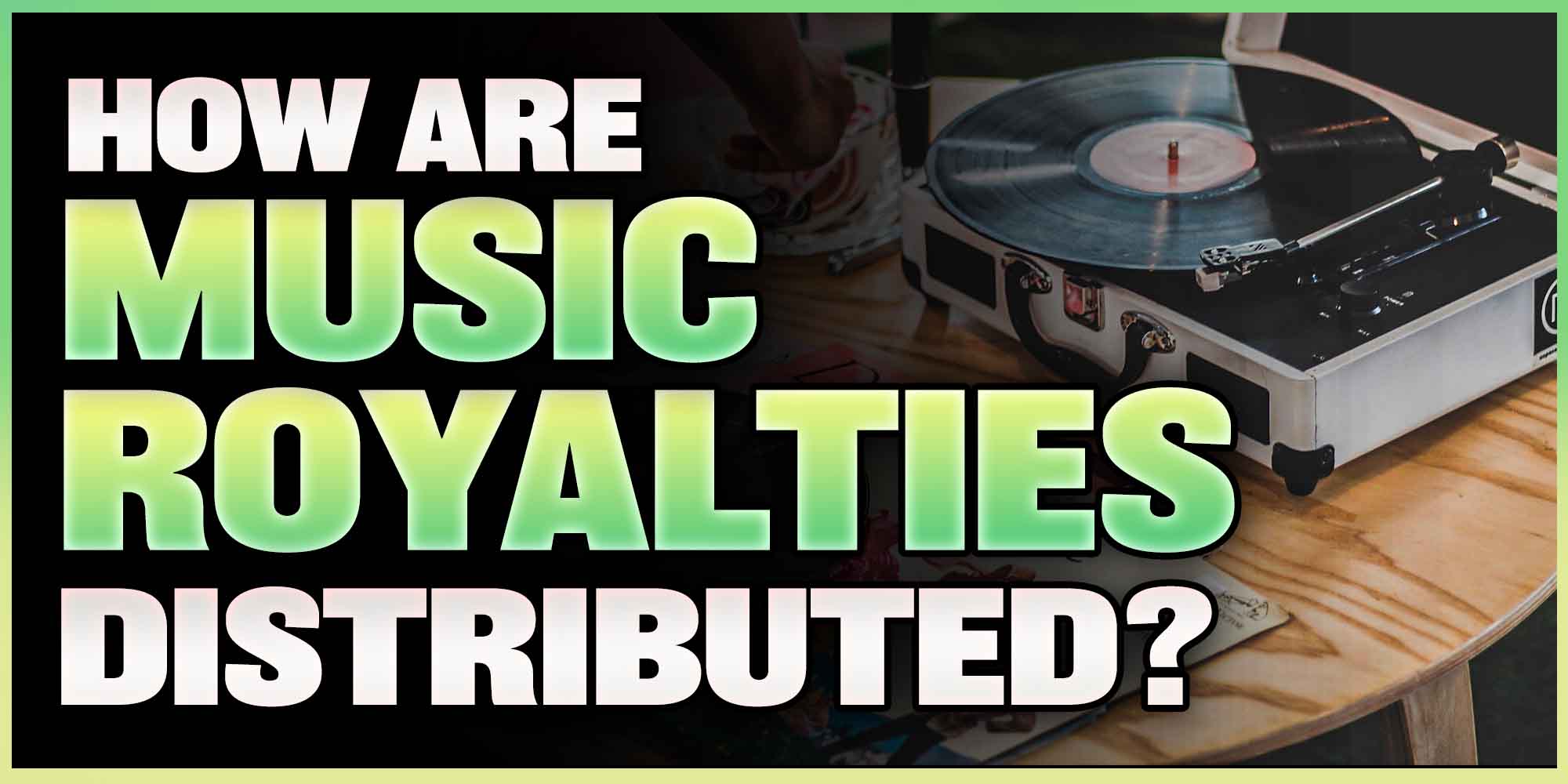
music royalties explained!
Music royalties are payments made to rights holders, such as songwriters, composers, and recording artists, when their music is used or reproduced.
Simple, eh?
Well, aside from the basics, there's a little bit more you need to know if you wanna take over the music industry!
Okay... Even if you don't NEED to become the next Drake.
This is essential when you use paid or Free Music Distribution.
(Read our blog on the difference between publishing & distribution...)
That's how you get ROI from music, it's royalty payments.
Having concrete knowledge will help you navigate the ever-changing music landscape.
For starters, royalties aren't just for Spotify streaming royalties. We're talking ALL music royalties.
This includes payments for sales, streaming, public performances, and licensing.
Yadda yadda yaddda.
There are two types of music royalties associated with a single song: composition (or songwriter) royalties and sound recording (or master) royalties.
This merger is what allows businessmen and artists to work in the music industry.
Composition royalties are generated from the written song and are typically split between the songwriters and the publisher.
That being said... The sound recording royalties are generated from the recording of the song and THE are split between the performers, producers, and others involved in the recording.
We all share the pie :) how beautiful.
Want to get your music on active & relevant playlists that actually get results?
Get your music heard now 👇
Do you like free music distribution? (How do I distribute my music?)
Yes, you heard me. Free. Read below...
Royalties and copyright: how it works
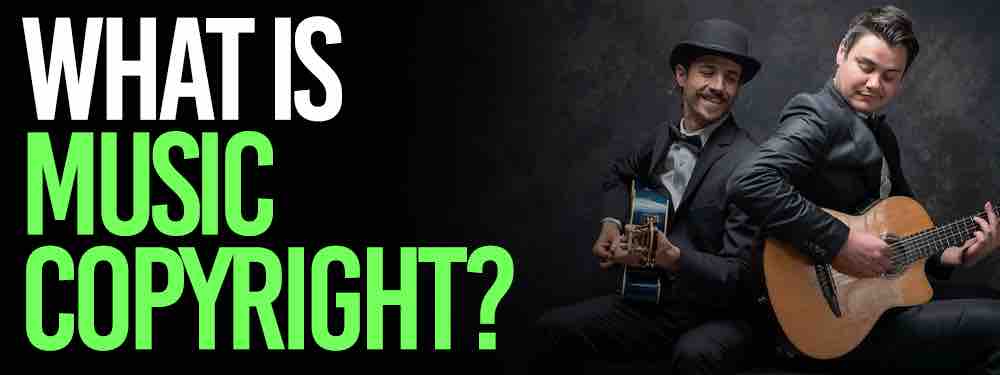
Copyright and royalties are two different things.
Copyright is a legal term that says who owns an original creative work: a person or an organization (in this case it's the recording artists).
When an audio recording is considered to have sound recording copyright, the owner of that copyright is granted the legal right to reproduce and distribute the recording, as well as to adapt, alter, or improve upon the original work (including remixes or videos using the sound recording).
If you own the work, and it sells then BOOM. You've made a royalty.
If you own the work, and someone streams it, then BOOM. You've made a mechanical royalty.
Mechanical royalties are different than regular royalties because, in the day and age of modern streaming platforms, more music is being streamed than sold.
This means that the person who owns the copyright can decide who can use, share, sell, or do anything else with the work.
Just because payments change, this does not change who owns the work.
An example is music distribution fees.
You have to pay out a small (10-15% cut) of your royalties but still retain full earnings.
You can pull the song down and do what you like.
Content ID: protecting your royalties
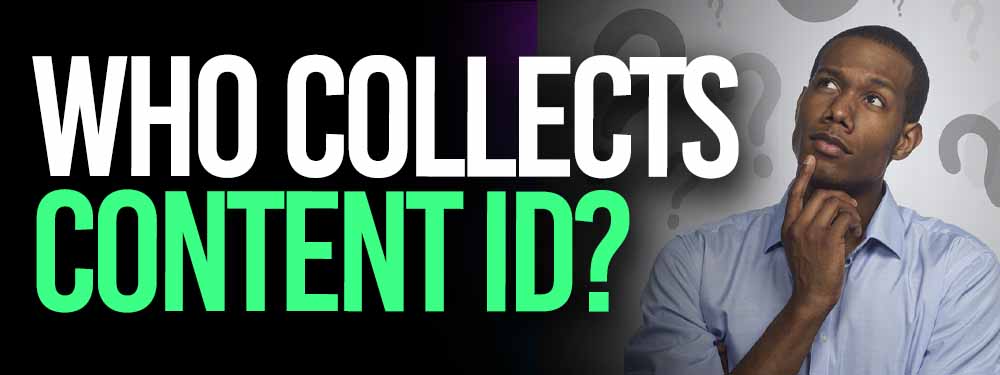
Now, for your royalties to be protected in the modern age, we need technology.
That is exactly what content ID is for. (What is a content ID?)
Did you know you can get a FREE Content ID when you distribute with Boost?
Content IS is a technology that keeps digital content from being stolen or copied by people who shouldn't be able to.
This happens to sound recording artists, producers, record labels, and distributors all the time! This is why content ID is extremely important for keeping your work safe.
Content ID uses things like encryption and licensing to control how different people or devices can access and use digital content.
For example, a Content ID system could be used to stop a user from uploading a protected track to streaming platforms.
That's why you should submit an 8-bar loop of your track in conjunction with the actual master recording.
This way you have another layer of protection in case your song goes viral!
Content ID is often used by publishers and services to protect their intellectual property rights and stop people from accessing or sharing their content without their permission.
What are Performance Royalties?
When music is played in a public setting, the performer is responsible for paying public performance royalties to the composer or the music's owner. The owner is then allowed to collect public performance royalties from the composer. Sounds pretty simple, right?
Whether it's on the radio, in a club, or via a streaming service like Spotify or Pandora, hearing music in public is considered a live performance. As an artist, knowing the difference between mechanical royalties, and public performance royalties is huge!
Now, there are digital performance royalties. Streaming music services like Pandora, SiriusXM, and webcasters must legally pay digital performance royalties to the music industry. These royalties are paid to SoundExchange by the services (along with playlists of all the recordings played).
If you're not a DJ, event host, club owner, radio airplay host, or a record label owner,
You probably won't have to worry about a performance royalty, or digital performance royalties too much.
Music royalties reporting
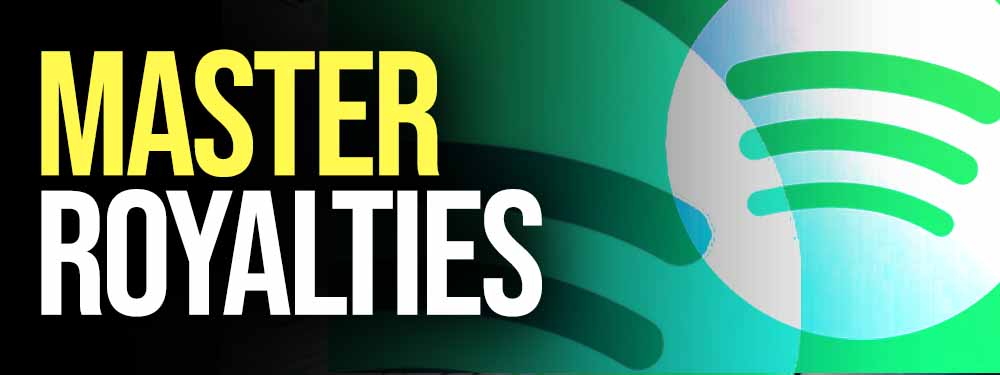
Most of the time, performance rights organizations (PROs) collect streaming royalties on behalf of the people who own the rights to the music being streamed.
They then report this amount to your distributor, then they report that to you automatically.
It's a rather seamless system.
These PRO groups are in charge of keeping track of the music that is played on different platforms, like streaming services, and then giving the royalties that come from streaming that music to the right people.
They also collect royalties and track digital sales, digital downloads, and the royalties generated.
ASCAP BMI, and SESAC are the three biggest PROs in the United States.
These groups collect licensing fees from different places.
And help YOU make some money.
Pro rata Royalties: how it ACTUALLY works
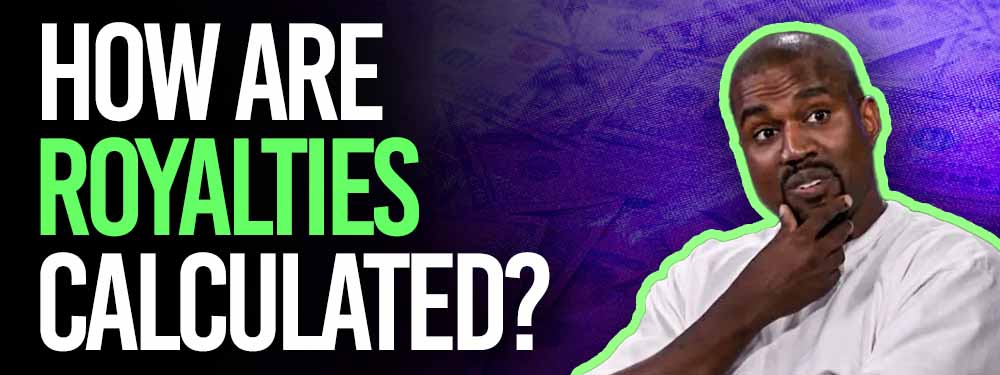
Pro rata is a Latin word that means "in proportion."
So... Why does that matter?
This is the method Spotify has for paying out royalties generated.
In business and finance, pro rata is often used to describe a situation in which something is shared or divided among a group based on each person's contribution or share of ownership. This is no different than the music business!
Now in English terms:
Since record labels bought a cut of Spotify, they get a preferred slice of royalties. (Music distribution for record labels!)
This means that for every stream for you, a portion goes to Drake.
Not saying the same is rigged... But it's easy to think so.
Why are steaming royalties so low?
Spotify's streaming/mechanical royalties are not low. They are in line with what makes sense, considering the number of songs and users.
An insufferable pill to swallow.
It's hard for me to say for sure why Spotify's streaming royalties might be low...
Because there are so many things that can affect how much a streaming service pays content creators in mechanical royalties.
In general, the amount of royalties that streaming services pay can depend on several things:
- Licensing agreements
- Distributor used
- Stream location
These include the specific licensing agreements that the service has with record labels and music publishers.
As mentioned, major labels have a preferred publishing deal system. (What are publishing royalties?)
the number of users that the service has, and the overall popularity of the music being streamed does impact this too.
The more money Spotify makes, the more money is generated for all artists.
ISRC and royalty collection
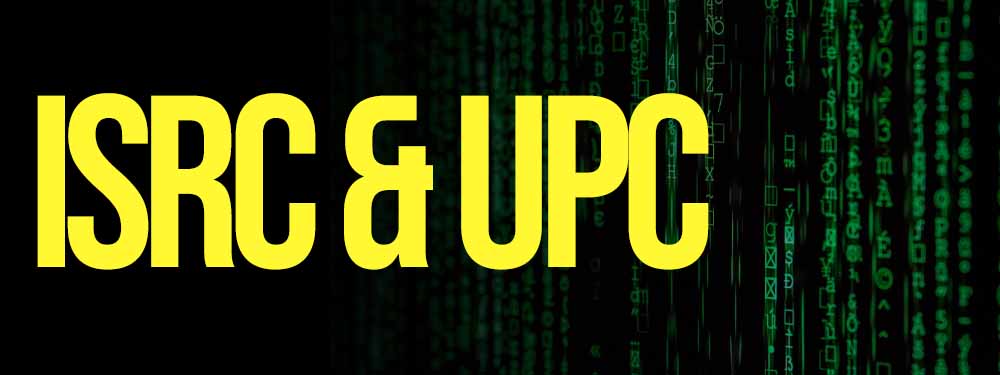
An International Standard Recording Code (ISRC) is a unique number that is given to a recording of a song.
So what exactly do these numbers stand for?
The first two characters of the ISRC code show the country where the ISRC was given. the next three characters show the organization that gave the ISRC, and the last seven characters are a unique identifier for the recording of the song.
It's actually hella simple.
Make sure you Get Your ISRC for the release so you can track royalties & get your royalty payments!
The ISRC is a standard way to identify song recordings so that they can be easily tracked and managed in the digital music ecosystem.
An ISRC is a 12-character code that is usually found in the metadata of a digital audio file.
Bonus: How does royalty free music work?
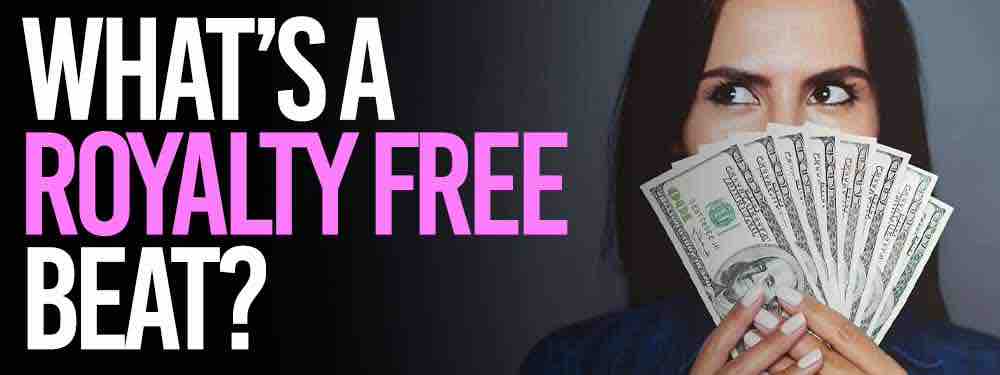
Royalty-free music is music that has a license that lets the buyer or user use the music without having to pay royalties (or mechanical royalties) or fees every time the music is used.
When a person or group buys a license for royalty-free music, they can usually use it in a certain way, like in a video or podcast, without having to pay extra royalties every time the music is used.
The specific terms of a royalty-free music license depend on the licensing agreement, but in general, the buyer or user of the music is given a limited license to use the music in certain ways without having to pay.
Get your music on playlists now.
It’s time you get your exposure and listeners up - playlisting by Boost Collective has been trusted by 50,000+ artists worldwide.
It’s easy: Search your song, get on playlists, and track your campaign.
What’re you waiting for? Tap in - and get added to playlists in 24 hours.
Join Boost Collective for free here.
